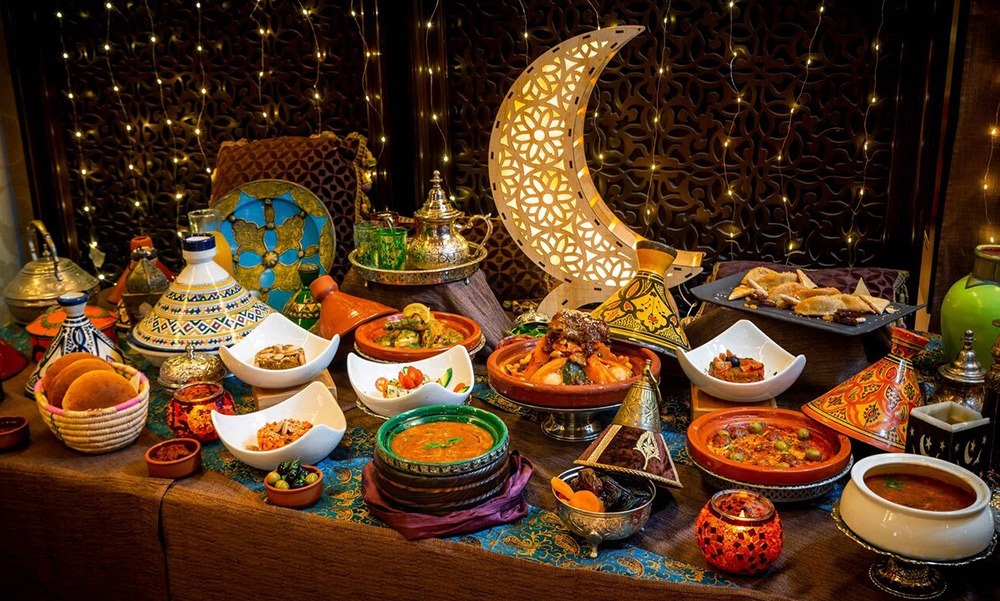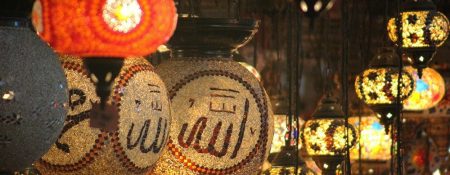
The word Dua comes from the Arabic “to call out” and is an act of worship and union with God for Muslims. Dua is not an obligation, unlike prayers, the time and order of actions of which are strictly defined, it can be brought at any time of the day and with any activity important for the believer, for example, during Ramadan, it can additionally be Dua at the end of fasting. Dua may be devoted to asking for forgiveness, calling for mercy, giving thanks, asking for help, and so on. Dua can be made several times a day for a wide variety of occasions.
Muslims can make duas with diligence and try to make as many of them as possible. But what is important is not how many times you make a dua or how long it will be, if you remember them by heart or read them from paper, but what kind of intention is invested in it, the significance of its meaning.
A special reward is given for doing dua for other people. This can be done for a loved one, or for strangers, as well as for the community as a whole. By asking for other people, believers are doing a great spiritual service for themselves, ennobling their thoughts and perfecting their spirit.
O Allah, on this day, grant me the obedience of the humble expand my chest through the repentance of the humble, by Your security, O the shelter of the fearful.




Ramadan, the holiest month in the Islamic calendar, is a time of spiritual reflection, self-discipline, and communal unity for Muslims around the world. In the United Arab Emirates (UAE), Ramadan holds significant cultural and religious importance, shaping the rhythm of daily life and fostering a unique atmosphere of warmth and spirituality.
The vibes of Ramadan in the UAE are palpable, as the entire country undergoes a transformative experience. From the breaking of dawn until the setting of the sun, the streets come alive with a sense of anticipation and reverence. The bustling cities slow down, and a serene ambiance takes over as families and communities come together to observe this sacred month.
One of the most cherished aspects of Ramadan is the spirit of giving and charity. Throughout the month, Muslims are encouraged to practice acts of kindness, generosity, and compassion towards those less fortunate. In the UAE, numerous charitable initiatives and community-driven efforts are organized to support those in need, reflecting the country's commitment to fostering solidarity and empathy.
The cultural importance of Ramadan in the UAE is deeply ingrained in the fabric of society. It is a time for strengthening familial bonds, reconnecting with loved ones, and honoring traditions passed down through generations. Families gather each evening for Iftar, the meal to break the fast, where a rich tapestry of traditional Emirati cuisine is shared and enjoyed in a spirit of unity and gratitude.
The UAE also embraces the diversity of its population during Ramadan, with residents from various cultural backgrounds coming together to partake in the festivities. Non-Muslims are welcomed to join in the spirit of Ramadan, participating in community events, and sharing in the sense of togetherness that defines this auspicious month.
Celebrations during Ramadan in the UAE extend beyond the confines of the home, with vibrant Ramadan tents set up in public spaces and hotels offering lavish Iftar buffets. These gatherings serve as focal points for socializing, where friends and colleagues come together to enjoy sumptuous meals and engage in lively conversations late into the night.
As the month draws to a close, the atmosphere becomes even more heightened with the arrival of Eid al-Fitr, the festival marking the end of Ramadan. Streets are adorned with festive decorations, and families gather to celebrate with feasts, gift-giving, and prayers of gratitude.
In essence, Ramadan in the UAE is a time of spiritual renewal, cultural celebration, and communal harmony. It serves as a poignant reminder of the values of compassion, tolerance, and unity that form the bedrock of Emirati society, making it a truly special and cherished time for all who call the UAE home.